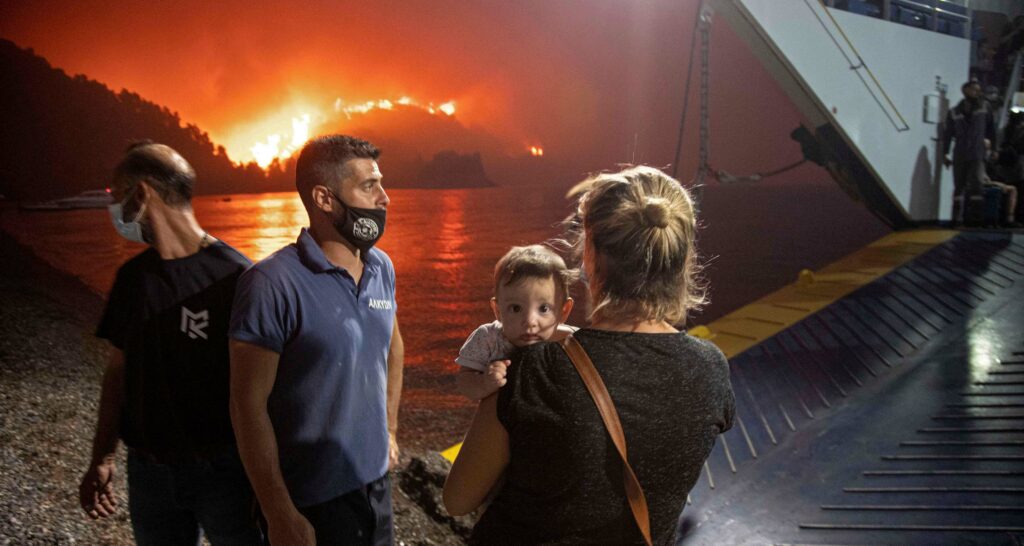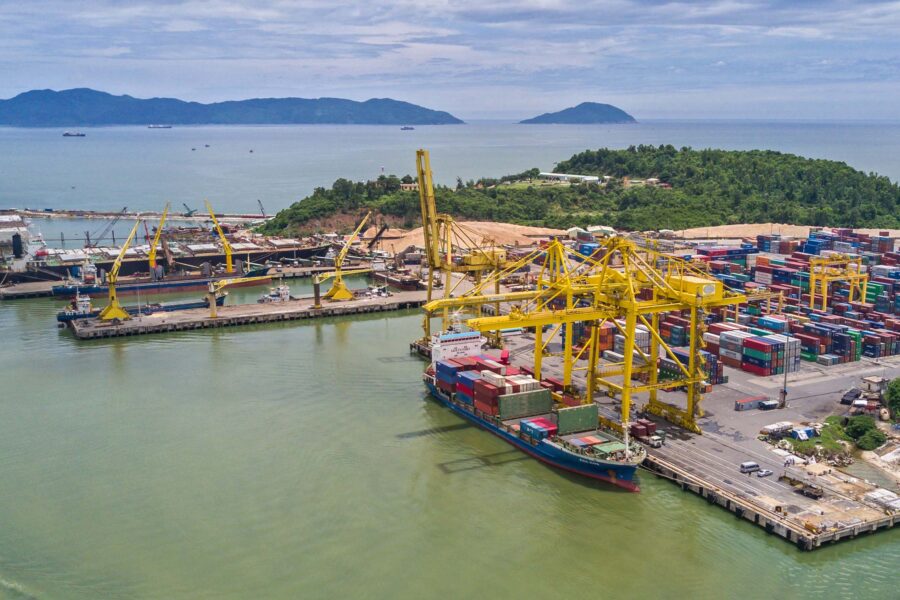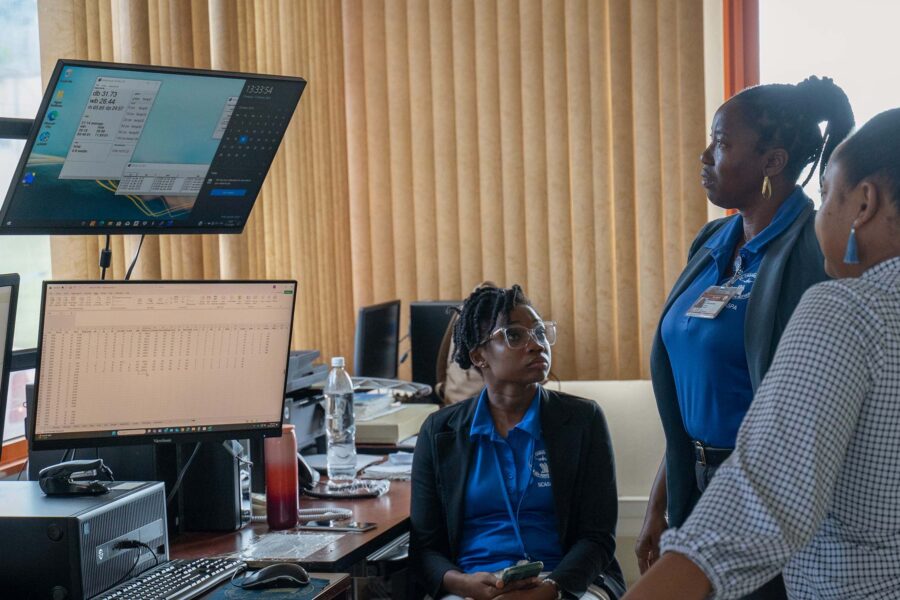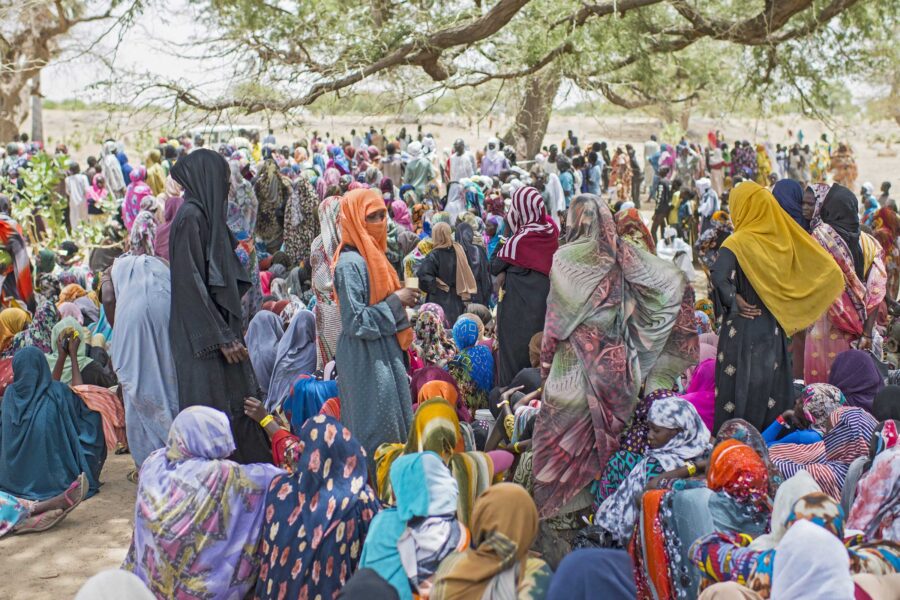A make-or-break opportunity to save the climate
World leaders must take decisive, collective action at COP26 to avoid planetary catastrophe
Climate — Global

Climate change poses an existential threat to our planet – and today its effect is more obvious to the naked eye than ever. The fossil fuel emissions caused by human activities over the last 200 years have sped up their rate to an alarming degree.
It is hard to predict the full scale of the effect this will have on the world. What we know for certain, however, is that although some improvements have been made, the current speed of progress is not enough. We need to redouble our efforts to manage the challenges of emissions and create a cleaner world for ourselves and coming generations. Warm words and commitments alone will not get us there – policymakers must act fast to safeguard our future.
This argument is about much more than just the environment. A shift in global temperature or sea levels affect so many different parts of policymaking – from healthcare to housing to the economy. It inevitably brings disruption to people’s livelihoods, and is a strain on every aspect of society.
All of which means that our work on non-carbon generation now needs to be placed on a war footing. A comprehensive strategy to achieve environmentally sustainable growth while meeting the targets we have already set ourselves is urgently needed. Major carbon-emitting countries in particular must take collective action to reduce emissions and build a world economy that is primarily based on green energy. This approach will not only help save our environment. In the process, it will also create jobs and boost living standards.
To do this, we must do more to develop and harness newer, cleaner technology, such as hydropower – and rely less on fossil fuels. We need to harness the power of both the wind and the sea as much as we can. We also need to refine nuclear power production, building on some recent technological breakthroughs that offer the promise of clean yet powerful energy.
Access to affordable, reliable, and modern energy sources should be widened, as well as expanding infrastructure and upgrading technology for all in developing countries. All this requires more investment into the development of research and innovation in the sustainability sector, to encourage these technologies not only to become available, but also cheaper to harness. It is also important for countries to pool their research and development and combine their knowledge – encouraging cross-country cooperation and setting the best minds around the world to work together in solving this global challenge.
A substantial shift
Making a substantial shift towards using new green technology on a significantly widespread scale involves policymakers using several possible levers. Tighter regulations on carbon emissions and other environmental impacts are one example. Another is for governments to provide clear incentives to companies that build to the highest modern standard of sustainability – whether that is through tax breaks or subsidies. Many countries are already enacting such policies. However, they will face roadblocks unless they have buy-in from all parts of society to mitigate the potential effects on business and added cost to consumers.
Such change cannot be simply imposed top-down – a concerted effort is first needed to get all important stakeholders on board. This must be coupled with ongoing wider education about the benefits of these policies. Not only governments but civil society, charities, and the private sector all have an important role to play in this process.
Change will not happen overnight. As well as expanding our use of cleaner energy sources, we also have to work on treating the emissions that are brought about through existing power generation. More needs to be done to treat these emissions and neutralize them before they are released into the environment – all of which requires investment and inclusion in strategic policymaking.
The world’s population is growing rapidly, and developing countries in particular are witnessing a demographics boom. This of course places an additional strain on our planet, particularly when those countries turn to using cheaper, more polluting forms of energy production as they expand. We need a concerted effort to promote cleaner methods of growth, as well as making them both viable and affordable. This will allow developing countries with fast-growing populations to see the twin benefits of prosperity and a cleaner, more sustainable planet.
We also need to be quicker to specify greener standards in new developments, to build for a more sustainable future. Making our cities more sustainable will have a significant effect on curbing global warming. Policymakers can set tighter targets for developments, and demand contractors to change their procurement policies to be more eco-friendly – even if it means extra up-front cost. Because, if this is not done properly, the harmful environmental impacts of large-scale infrastructure development can include deforestation, soil and water pollution, emissions of greenhouse gases, and other pollution. All of which will only be more costly in the long run.
All of this requires a global effort: no one country can tackle the problem of climate change alone. It needs real, collective action, and engaging the right players to take the crisis seriously requires a concerted effort in high-level engagement and diplomacy. Real, meaningful change requires difficult decisions – and a lot of political will – to be carried through. The moment calls for strategic leadership, from people who have the necessary global clout to galvanize and encourage other countries to make substantive commitments.
Despite this, unfortunately, we have seen years of considerable distance between the major global powers, leading to an overall crisis of cooperation. We see more and more countries operating in small silos or smaller trading blocs – thereby turning the clock back on global connectivity and the benefits it brings. The major powers of the world have been growing further and further apart. Cooperation between the five permanent members of the UN Security Council (P5) had already been at a low point for years, well before the pandemic. The coronavirus crisis that has engulfed the world only risks exacerbating this situation, as so many governments turned to look inward as a result. And without cooperation at the highest level – without the P5 countries all cohesively working together – it will be impossible to tackle climate change in any meaningful way.
Global relations
It is time to renew our linkages with one another. Connectivity is the true safeguard of peace – when done properly it will help shore up a level of trust, which will be invaluable in the event of any future tension. While no two countries’ interests will ever be fully aligned and tensions can surface, a multipolar world is better than a unipolar one. Countries must find a way of working with each other, so we can all play our part in the battle of controlling emissions.
Improving these global relations will only be addressed with good governance and, above all, effective leadership. Unfortunately, the world today has a leadership deficit. We need more powers to come to the table, to boost their influence and contribute to global affairs – and help to address the complex challenges we collectively face. It does not help that, for years, the UN has been missing in action. Institutions like this, which were established more than 50 years ago, need urgent reform to be able to move with the times and be able to effectively reflect the global reality. The UN has to start playing a more active role when it comes to climate change – for example, it should do more to monitor, measure targets and countries’ progress, and finally to penalize those who violate them.
As we look towards the COP26 summit in Glasgow, we need to make the most of an opportunity which has been denied to us throughout the pandemic. Finally, major world powers look set to be in the same room together with one broad item on the agenda – how to meet our agreed emissions targets, and to do even more to tackle the quickly escalating climate emergency. It is an encouraging step that US President Biden has committed to be there in person. Now it is time for all major carbon-emitting countries to take joint action to reduce emissions and build a world economy based on green energy. In this, collective, coordinated action is key to achieving a more sustainable and viable future.





